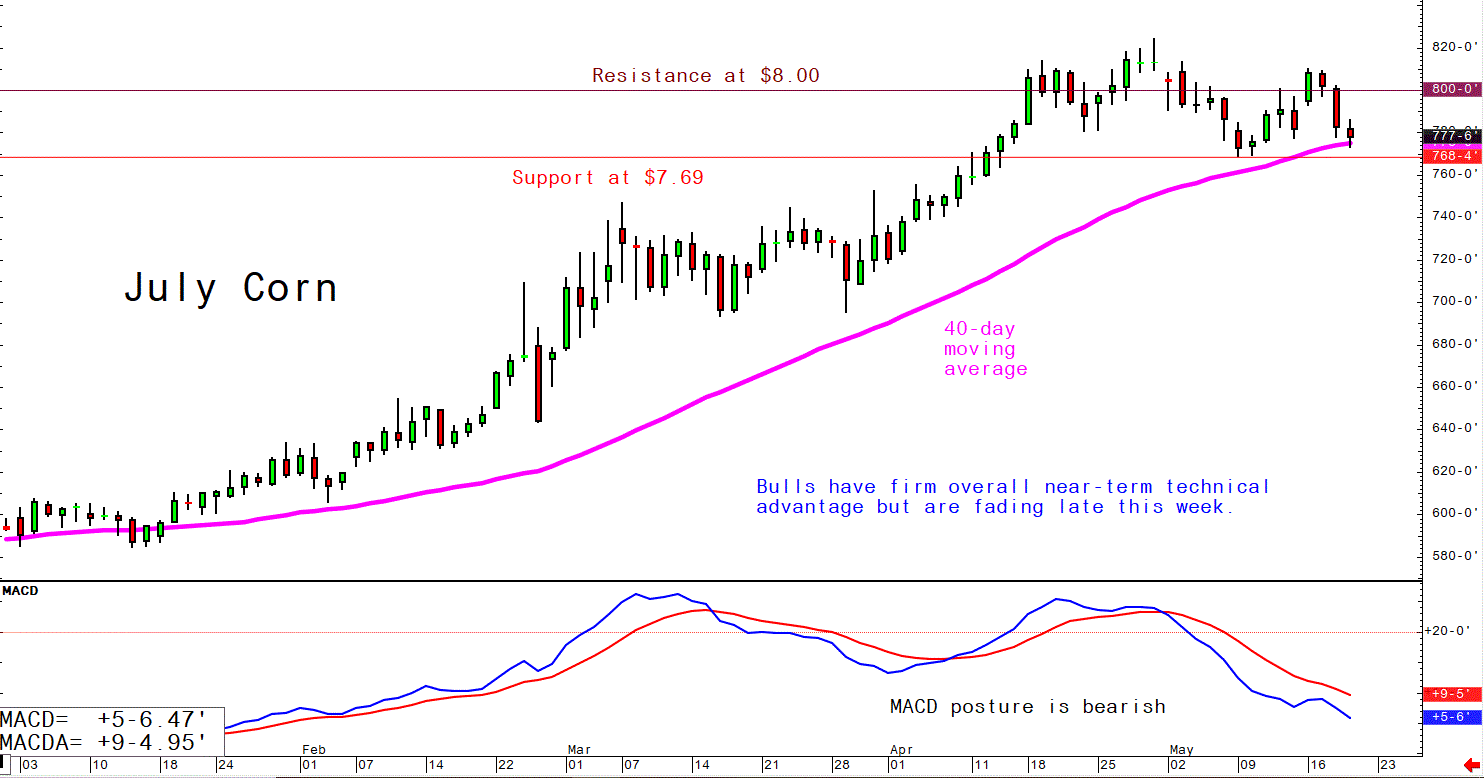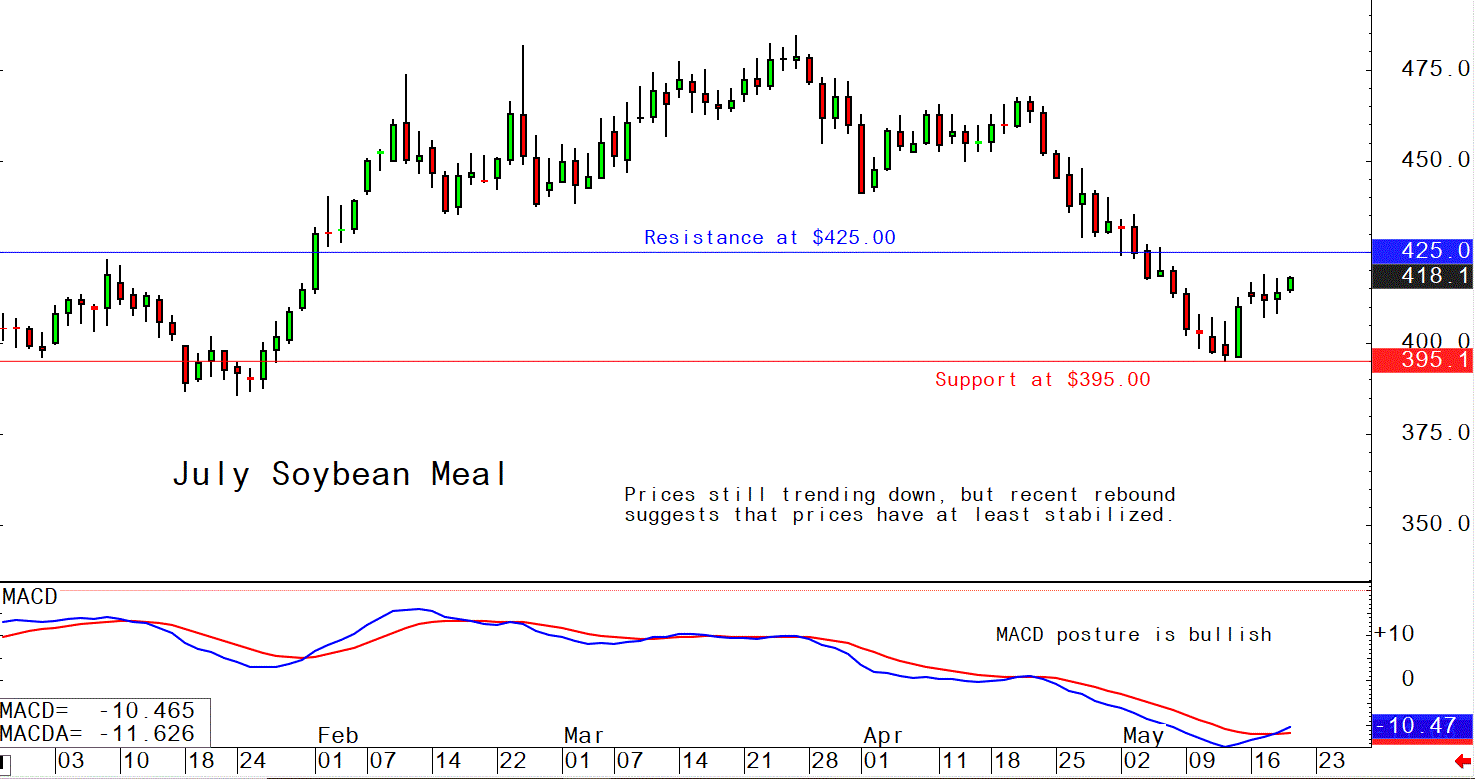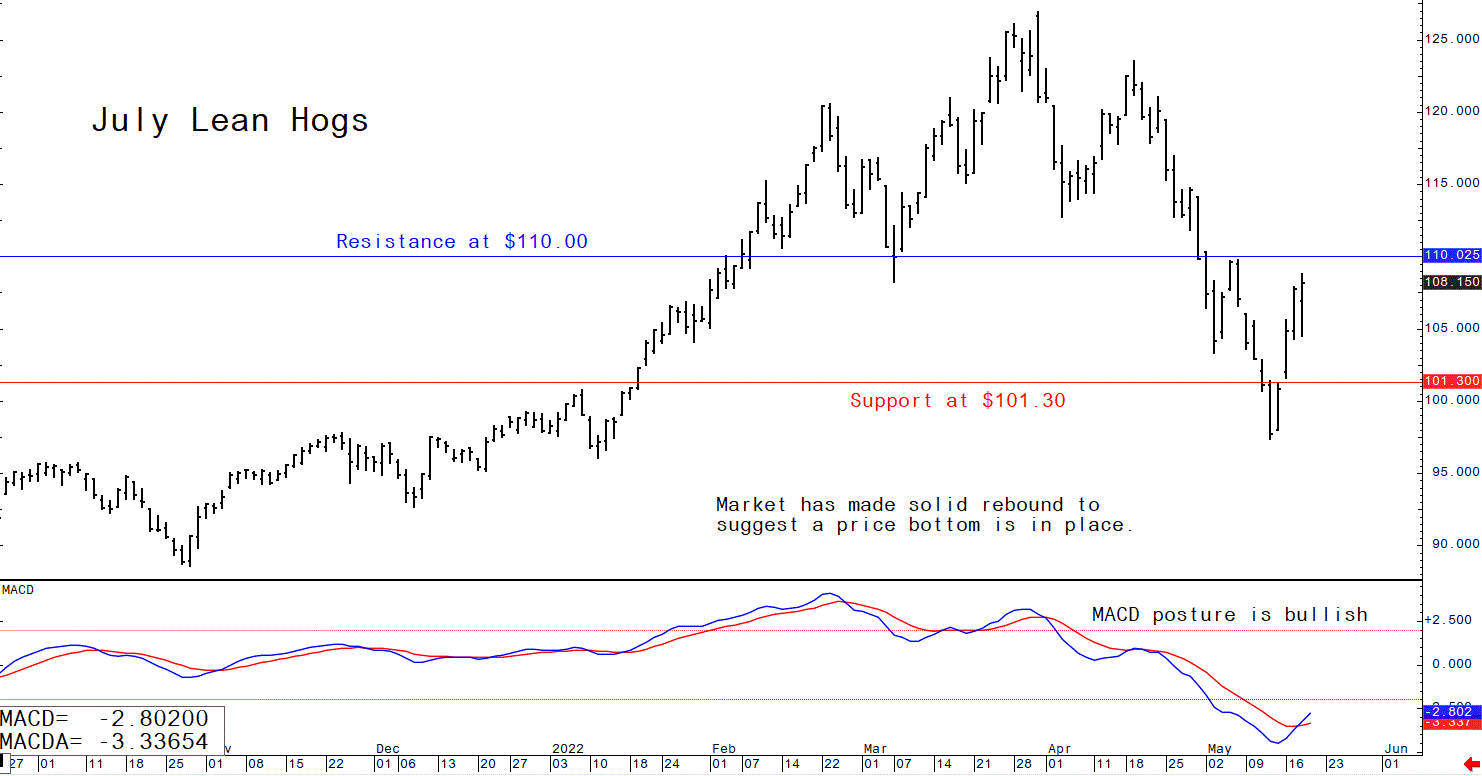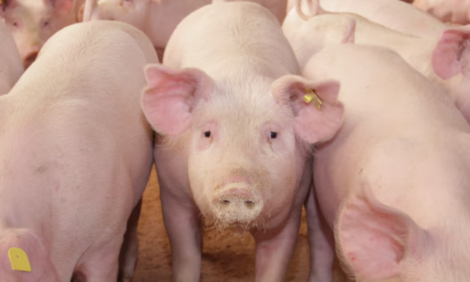



Pig outlook: Lean hog futures post solid price recovery, China pork imports drop
Analyst Jim Wyckoff shares an update on the US futures market, USDA reports and global swine newsThe pig traders’ perspective: Lean hog futures this week rebounded from sharp losses seen recently. That’s a strong signal hog futures have put in a market bottom and have started a delayed seasonal rally. But don’t expect strong gains in futures until the cash hog index shows sustained strength, but the near-term outlook has improved. Strength in wholesale pork also suggests the market may have begun a delayed seasonal rally. Tuesday’s overall pork product movement hit a two-month high, suggesting retailers are stepping up purchases ahead of the summer grilling season.
Latest US Department of Agriculture (USDA) reports, and other news
U.S. pork, beef export sales down from last week
USDA Thursday reported US pork net sales of 24,100 MT for 2022 were down 8 percent from the previous week, but up 2 percent from the prior 4-week average. Increases were primarily for Mexico (8,400 MT, including decreases of 200 MT), South Korea (4,300 MT, including decreases of 300 MT), Colombia (2,400 MT), China (2,100 MT, including decreases of 200 MT), and Japan (1,900 MT, including decreases of 100 MT). Exports of 31,300 MT were down 6 percent from the previous week, but up 1 percent from the prior 4-week average. The destinations were primarily to Mexico (13,900 MT), China (4,200 MT), South Korea (3,600 MT), Japan (3,000 MT), and Canada (1,500 MT).
China’s pork imports down sharply from year-ago in April
China imported 140,000 MT of pork in April, according to official customs data, the same amount as March but down 67.6% from last year. Through the first four months of this year, China’s pork imports plunged 65.1% from the same period last year to 560,000 MT.
House Ag panel to consider bill to create special investigator at USDA on competition in the US livestock industry
A US House bill would establish an Office of the Special Investigator for Competition Matters at USDA. Opponents say it duplicates authorities at USDA and would potentially bring costly regulations on the industry that they say would further increase food prices. The legislation would establish an Office of the Special Investigator for Competition Matters at USDA with subpoena powers and the ability to file civil lawsuits or take administrative actions against violations of the Packers and Stockyards Act of 1921 by meatpacking companies and live poultry dealers. Rep. Austin Scott (R-Ga.) said Democrats have wrongly blamed the meatpacking industry for higher meat prices while they have pursued policies that he said raised energy costs that have rippled through the economy. “It’s a horrible piece of legislation,” Scott said, adding that it showed someone without an agricultural background had written it. By voice vote, members agreed to an amendment by Rep. Jim Costa, D-Calif., that would require the head of the special investigator office to be a senior career executive rather than a political appointee. Members also by voice vote agreed to an amendment by Rep. Jimmy Panetta, D-Calif., that would require the special investigator to coordinate with the USDA’s general counsel office and with the Packers and Stockyards Division of the Agricultural Marketing Service. The special investigator also would have to notify the U.S. attorney general of any legal action the office takes in a federal district court.
US House Ag panel approves bill to expand meat processing capacity
Congress would create a loan and guarantee program to expand competition in the meat processing industry under a bill approved by the House Agriculture Committee on Tuesday. The bill would authorize up to $20 million a year through 2024 for the loan guarantees. Proponents said the bill would be a permanent version of a $500 million USDA initiative announced last summer. The House Ag Committee approved HR 4140on a voice vote. It would authorize USDA loan guarantees for projects in rural areas that would expand and diversify the meat processing sector, improve employment or expand markets. In most cases, USDA would not be allowed to make or guarantee a loan of more than $50 million. The limit would be $100 million for cooperatives.
The next week’s likely high-low price trading ranges:
July lean hog futures--$105.00 to $112.50, and with a sideways-higher bias
July soybean meal futures--$395.00 to $430.00, and with a sideways-higher bias
July corn futures--$7.60 to $8.10 1/4, and a sideways bias
Latest analytical daily charts lean hog, soybean meal and corn futures










